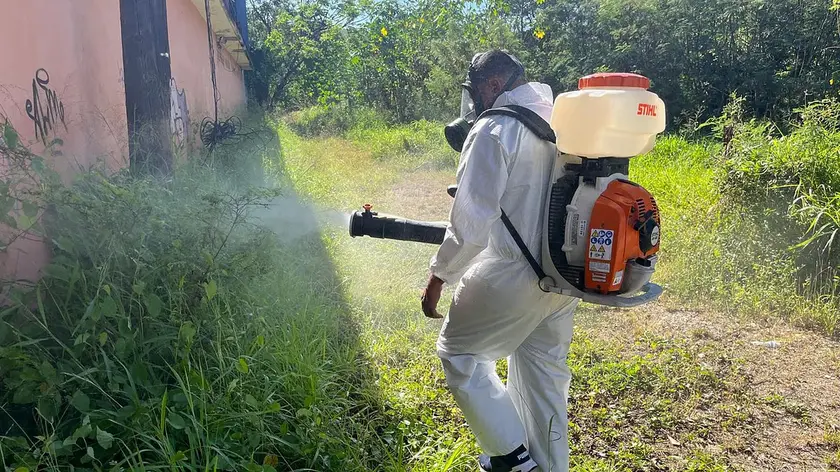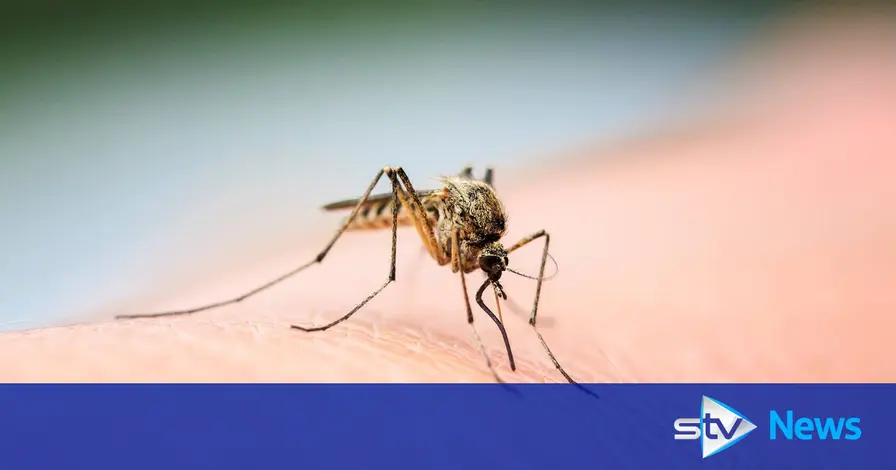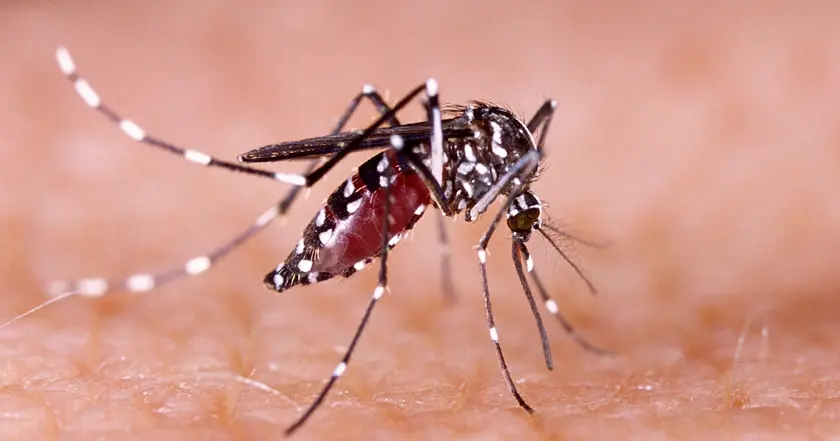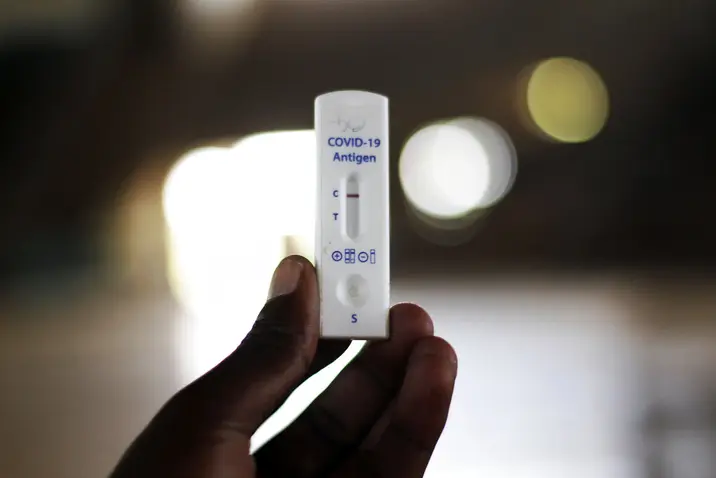T4K3.news
Dengue cases rise as travel fuels spread
Hawaii reports 12 dengue cases in 2025; travel-linked risk prompts renewed public health warnings.

Travel linked dengue cases signal rising risk as Hawaii reports 12 cases and officials warn of broader spread.
Dengue Fever Surges Across States as Travel Fuels Spread
Hawaii reports 12 dengue fever cases this year, with the latest on Oahu linked to international travel. Health officials say all cases involve people returning from dengue-endemic regions such as Southeast Asia, Africa, and parts of the Americas. Across the United States, the CDC has confirmed 2,725 dengue infections in 2025 in 46 states and territories, and locally acquired cases remain most common in Florida, Texas, Hawaii, Arizona and California. Last year saw a record high of about 8,000 infections, but this year counts appear more restrained so far. The disease, nicknamed break bone fever for severe joint and muscle pain, is spread by the Aedes aegypti mosquito. The virus cannot be spread from person to person.
Dengue has a global footprint that rises and falls with climate patterns. There is no antiviral treatment, and a vaccine exists but production has been halted globally by Sanofi Pasteur due to low demand. Doses are available in Puerto Rico but are expected to run out by 2026. Experts say warming temperatures and the El Niño cycle are expanding the mosquitoes’ range, increasing the chance that travel-associated cases seed local transmission when bitten by local insects. The CDC urges travelers to use insect repellent, wear long sleeves and pants, and sleep in air conditioned rooms or those with window screens. Roughly 400 million people catch dengue each year, and about 13 percent of patients die if untreated.
Key Takeaways
"Dengue is a wakeup call for stronger mosquito control"
Editorial takeaway on vector control needs
"There is no antiviral for dengue fever"
Fact from health guidance
"Vaccine supply must be steady not a last minute patch"
Opinion on vaccine logistics
"Protective measures save lives when used consistently"
Public health guidance emphasis
The data show a clear link between international travel and dengue activity in multiple states. That pattern elevates the importance of surveillance, rapid diagnosis, and public messaging. The vaccine situation underscores a broader risk: dependence on a single manufacturer can create gaps in protection as outbreaks rise. Climate factors are not just background scenery here; they are actively widening the mosquito window, pushing disease risk farther north and into new communities. Policymakers should pair travel health guidance with sustained vector control funding and a resilient vaccine strategy to prevent spikes that strain clinics and households.
Highlights
- Dengue is a wakeup call for stronger mosquito control
- Vaccine supply must be steady not a last minute patch
- Protective measures save lives when used consistently
- Travel can turn local risk into a statewide health issue
Public health policy and vaccine supply risk
Rising dengue cases linked to travel raise concerns about funding for mosquito control and potential vaccine shortages. Dependence on a single vaccine manufacturer could lead to gaps in protection during outbreaks.
Public health work continues where science meets daily life.
Enjoyed this? Let your friends know!
Related News

UK travel health alert

Chikungunya travel advisory

Health alert for UK tourists in Italy

Travel warnings issued for parts of Europe

Warnings issued for Dengue and Chikungunya in Italy

Vaccination checks urged before travel

Mosquito threat grows in Las Vegas

Measles ranked the most contagious disease
